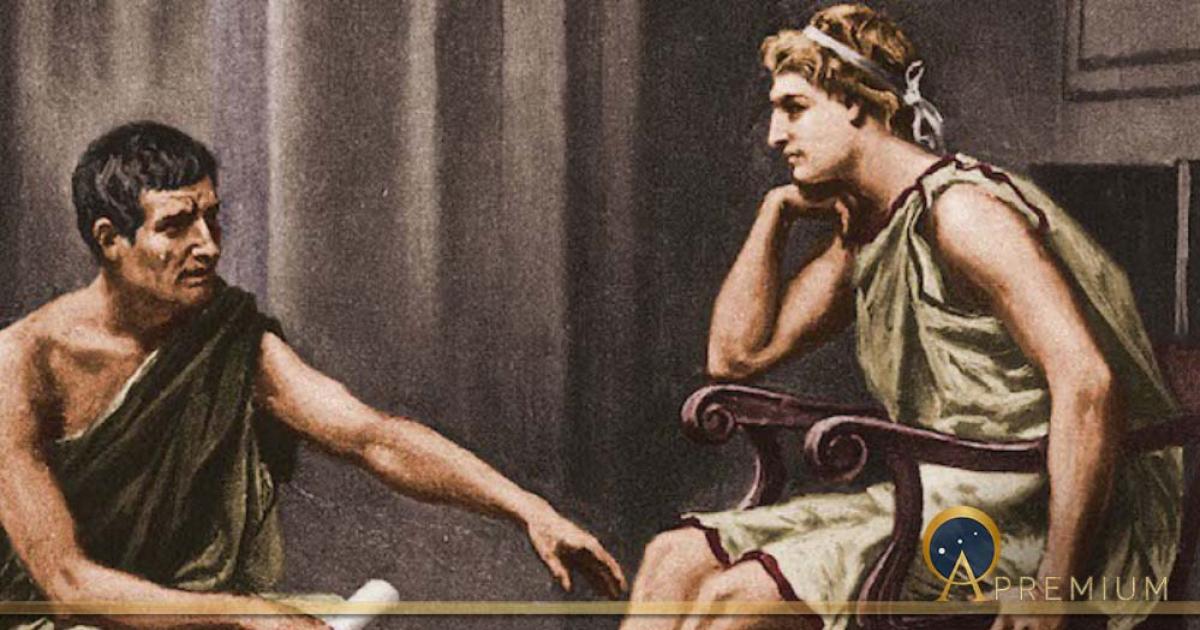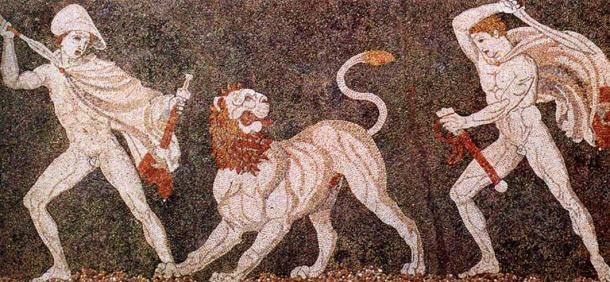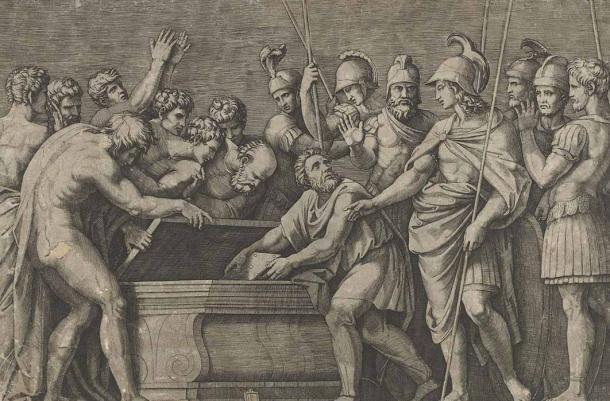
The Problem With Labelling Alexander, The Macedonian King With A Mercurial Character
‘It is a naive belief that the distant past can be recovered from written texts, but even the written evidence for Alexander is scarce and often peculiar,’ says Robin Lane Fox in Alexander the Great (2004). Over the centuries, historians have expressed, in one way or another, the uncomfortable relationship between what they deem likely to have happened and what is claimed to have come to pass. In the modern age, this conundrum has sparked a whole industry analyzing our library of written historical sources.

Mosaic Alexander the Great and Craterus in a lion hunt (late fourth century BC) Pella Archaeologic Museum (Public Domain)
Alexander The Great Alchemist Of History
In ancient Greece, however, from the dawn of the oral tradition which gave us the names of gods and heroes, down to the legendary deeds of mortals which gradually emerged from the rubble of Dark Age Greece along with a new alphabet, the convention of campfire listeners entranced by a travelling bard was to swallow this ‘myth-history’ whole, or risk committing impiety. In the case of the royal clan of ancient Macedon – the Temenids or Argeads, as they are alternatively known (depending upon which founding myth they are linked to) – there lies an additional challenge: the nation’s warlord kings willingly fused this paradox together. And there was no greater alchemist of history than Alexander the Great.

Alexander the Great commanding that the work of Homer be placed in the tomb of Achilles by Marcantonio Raimondi (ca. 1500–1534) Metropolitan Museum of Art (Public Domain)
Alexander’s lineage was the perfect storm for not just sweeping aside the status quo (his father had already seen to that), but for bridging the growing divide between an ever-more rationalized present (largely thanks to his tutor, Aristotle) and the mythopoeic past (thanks to the epics of Homer). Alexander made sure that his story would forever be more enduring than a mortal lifespan, and less challengeable than fact, and his brilliantly talented entourage had everything to gain from this new apotheosis.
The Ancient Sources
Today, historians are faced with the unique task of unravelling the many faces of the campaigning king: the sensitive adolescent, the ruthless warlord, the classically educated monarch and the oriental Great King-cum-Pharaoh whose legend metamorphosed into romance in the chaos of the Hellenistic world he fathered
Like this Preview and want to read on? You can! JOIN US THERE ( with easy, instant access ) and see what you’re missing!! All Premium articles are available in full, with immediate access.
For the price of a cup of coffee, you get this and all the other great benefits at Ancient Origins Premium. And - each time you support AO Premium, you support independent thought and writing.
Excerpt from David Grant’s new book, Alexander the Great, A Battle for Truth & Fiction - The Ancient Sources and Why they can’t be Trusted is published by Pen and Sword History Press.
Top Image: Aristotle and Alexander the Great by Jean Leon Gerome Ferris (1754) (Public Domain)
By: David Grant















